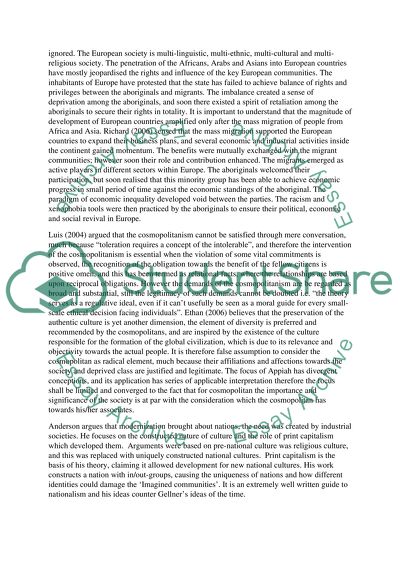Cite this document
(“European Politics Essay Example | Topics and Well Written Essays - 2250 words”, n.d.)
European Politics Essay Example | Topics and Well Written Essays - 2250 words. Retrieved from https://studentshare.org/miscellaneous/1514583-european-politics
European Politics Essay Example | Topics and Well Written Essays - 2250 words. Retrieved from https://studentshare.org/miscellaneous/1514583-european-politics
(European Politics Essay Example | Topics and Well Written Essays - 2250 Words)
European Politics Essay Example | Topics and Well Written Essays - 2250 Words. https://studentshare.org/miscellaneous/1514583-european-politics.
European Politics Essay Example | Topics and Well Written Essays - 2250 Words. https://studentshare.org/miscellaneous/1514583-european-politics.
“European Politics Essay Example | Topics and Well Written Essays - 2250 Words”, n.d. https://studentshare.org/miscellaneous/1514583-european-politics.


